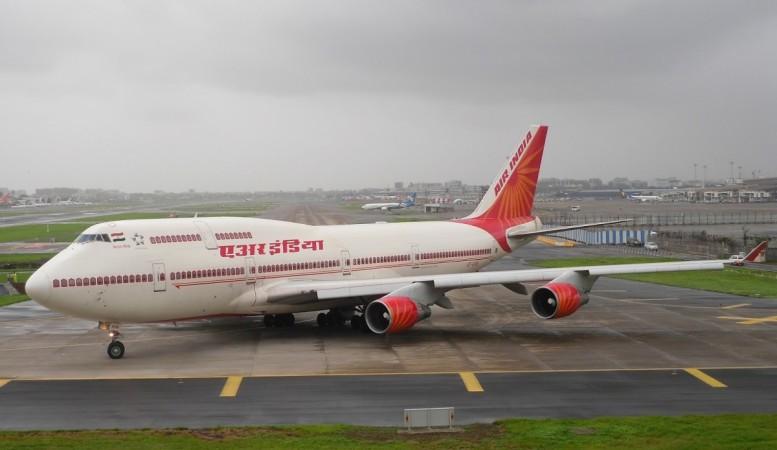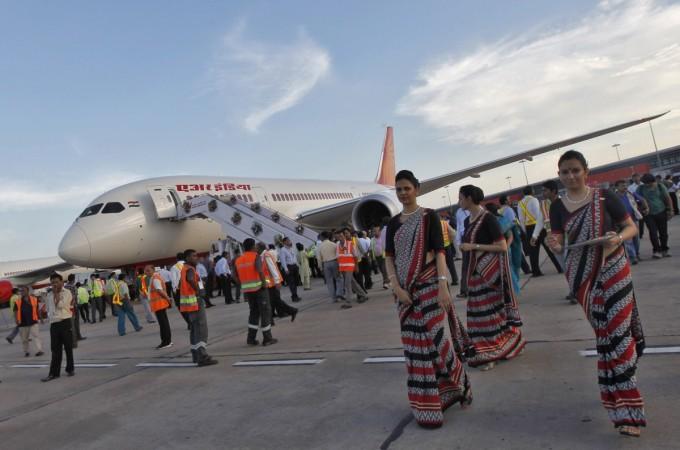
The discussion around the privatization of state-run carrier Air India has been going on for a while now, with the government even saying that it hopes that the process is completed "fast." But it is now being said that the government may not infuse the remaining Rs 21,000 crore promised equity into Air India Limited, once the company is owned by a private player.
The previous United Progressive Alliance (UPA) government had promised to infuse Rs 50,000 crore in equity into the debt-ridden carrier until 2032, in a bid to save it from making more losses. Out if the promised amount, Air India has already received about Rs 27,000 crore.
While it received Rs 1,800 crore this fiscal year, another Rs 1,800 crore has been set aside for the next fiscal, when the firm is likely to complete the privatization procedure. However, after that the completion, it may not receive the promised amount of Rs 21,000 crore.
"I don't think government of India will inject equity in a privatised airline," Livemint quoted civil aviation secretary R.N. Chaubey as saying.
Chaubey, who is a part of the team working on the privatization of Air India, also said that the assets of the firm are being calculated and the sale process will continue alongside.
"Our intention is to do it very, very fast. On that, we are committed. We are serious and we want to do it fast," Chaubey added. He also said that as of now it is not clear if the carrier will retain the name of Air India and explained that this will be decided by the team.
Meanwhile, the government not infusing funds into the brand may come as a bad news to those who have shown interest in owning Air India. A few of these names include InterGlobe Aviation Ltd, the parent organization of IndiGo Airlines and Turkey's Celebi.
The government may be hoping to complete the privatization process soon, but numerous Air India employees aren't happy with the privatisation plans of the domestic carrier and have been vocal about it in the past. In July, the carrier's employees even staged a protest regarding the same in New Delhi.

However, former Air India chief believes that the planned stake sale will be a good move for Air India as well as its staff.
Ashwani Lohani wrote to his staff in July, after the protests, and explained that the disinvestment was a result of the Rs 50,000 crore debt that the airline was in. He also said that this massive debt was even threatening the survival of the brand and called the stake sale "a win-win solution."
"This huge debt has accumulated due to continuous losses over the years. You would, however, appreciate that unless a solution is found to this huge debt, survival, in the long run, is almost impossible and the proposal to consider disinvestment is a step in this direction," he wrote, according to the Economic Times.
Apart from outlining the benefits of disinvestment from the business point of view, Lohani also said that the employees would, in fact, enjoy the new work culture that will be more along the lines of a corporate structure.














